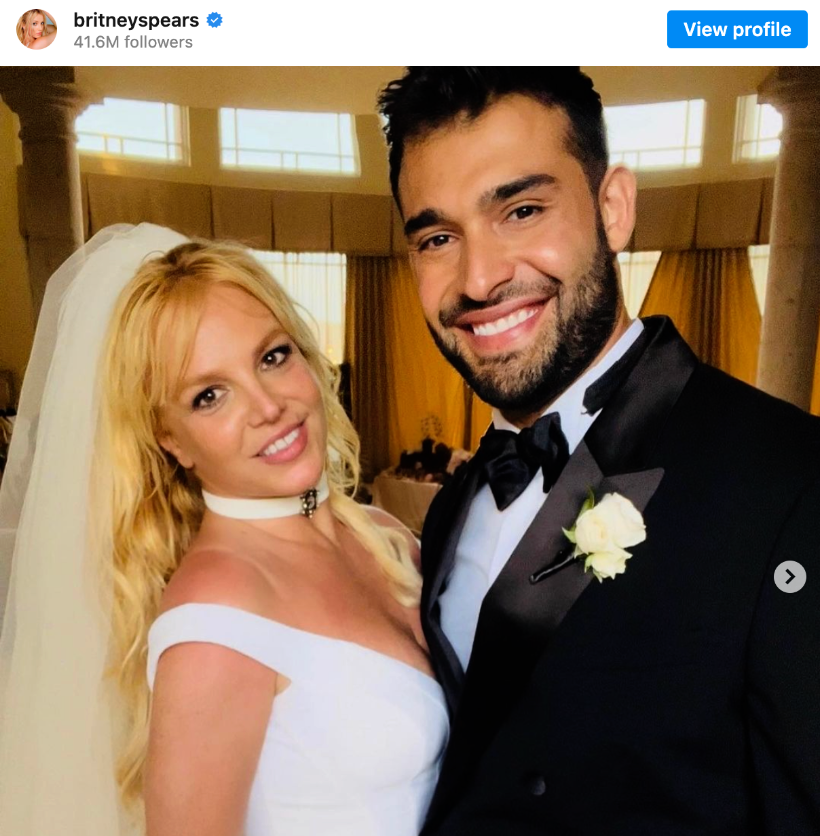
Our clients with JUSTLAW often ask how our attorneys can keep track of the nuances and differences in requirements for prenuptial agreements that exist from state-to-state. And, while it is imperative that we do so to ensure your prenup is as air-tight and enforceable as possible by a court of law, the Uniform Law Commission (“ULC”) has begun to address the needs for more uniformity and consistency in enforcing prenups across state lines.
The Uniform Law Commission is a 128-year-old National Conference of Commissioners consisting of legal scholars, academics and practicing attorneys whose sole mission is to draft well-informed model laws on various topics for the states to potentially adopt and implement themselves.
You may have heard of other laws created by the Commission – namely the Uniform Commercial Code, Uniform Interstate Family Support Act, and Uniform Electronic Transactions Act. So, while the ULC has worked hard to provide nation-wide, beneficial uniform laws, it would ultimately be up to the state legislatures to decide whether or not to adopt the Uniform Act.
The UPAA was first drafted in 1983 with the ultimate purpose of streamlining what was becoming rather disparate treatment of prenuptial agreements across state lines. One key issue in particular was the fact that couples who entered into a prenup in one state and moved to another state – in some cases – had to get the prenup agreement certified again in the new state.
In 2012, the ULC revised the UPAA in better accordance with the times and changed its name to the “Uniform Premarital and Marital Agreements Act” (the “UPMAA”). This new version of the Uniform Code includes more substantive and procedural protections for such prenuptial agreements.
As stated by members of the ULC in their 2012 article Why States Should Adopt the Uniform Premarital and Marital Agreements Act, published by ULC, National Conference of Commissioners on Uniform State Laws in 2012, the ULC articulated the purpose for updating and replacing the UPAA with the UPMAA:
“In today’s mobile society, it is particularly important that the rules governing the enforceability of premarital … agreements be standardized. The UPMAA clarifies and modernizes largely divergent state laws and creates a harmonized and uniform approach to premarital … agreements.”
WHAT DOES THE UNIFORM PREMARITAL AND MARITAL AGREEMENTS ACT DO?
To begin, some of the key changes brought about by the UPMAA included some basic, new definitions. For example, Section 1 clarified the term “prenuptial agreement” to mean “an agreement between prospective spouses made in contemplation of marriage and to become effective upon marriage.”
Section 2 goes on to require that a prenuptial agreement be in written form and signed by both parties. Next, Section 4 sets the official “effective date” of the prenuptial agreement on the date the parties get married. Section 5 of the UPMAA deals with the more tangential issue of how a prenup may be changed or rescinded.
Section 6 of the UPMAA is a key section in that it deals with the conditions under which a prenuptial agreement would or would not be found to be enforceable. For example, it states that a prenuptial agreement will not be enforceable if the party against whom the enforcement is sought proves:
(1) that he or she did not execute the agreement voluntarily or that (b) the agreement was unconscionable when it was executed because, before signing, he or she (1) was not given a “fair or reasonable disclosure” of the financial obligations or property of the parties,
(2) didn’t voluntarily waive any rights to be privy to such information, and
(3) he/she could not have otherwise had “adequate knowledge” of this information.
Section 7 of the UPMAA ensures that a prenuptial agreement will receive very limited and conditional enforcement in the event a marriage is subsequently determined to be void. And, finally, Section 8 tolls any statute of limitations applicable to an action asserting a claim for relief under a premarital agreement during the parties’ marriage.
WHICH STATES HAVE ADOPTED THE UPAA?
In 2013, Colorado and North Daktoka were prenup pioneers and first to adopt the UPMAA. Below is a list of all of the states who have officially adopted and enacted a version of UPMAA to-date:
-
Arizona, Arkansas, California, Colorado, Connecticut, Delaware, District of Columbia, Florida, Hawaii, Idaho, Illinois, Indiana, Iowa, Kansas, Maine, Montana, Nebraska, Nevada, New Jersey, New Mexico, North Carolina, North Dakota, Oregon, Rhode Island, South Dakota, Texas, Utah, Virginia, Wisconsin
WHAT ABOUT THE STATES THAT DID NOT ADOPT THE UPAA?
This is where it can get kind of tricky. Let’s look to California as an example:
In the event one of the parties to a prenuptial agreement was not represented by an attorney when entering the agreement, the UPMAA requires a disclosure in writing to the unrepresented party of their rights upon divorce, the nature of the waiver, and any adverse interests between the parties if this were to happen. However, the California Family Code § 1615, as it currently exists, does not explain what would satisfy this requirement. Such an ambiguity leaves more room up to the courts for interpretation. And such an ambiguity is exactly what the UPMAA seeks to clarify.
Let’s look to Nevada as another example:
While Nevada has adopted the UPAA, it has made some tweaks – one making it much easier to challenge the validity of a prenuptial agreement in the state. Nevada did include the UPMAA provision that allows a party to a prenup to “voluntarily and expressly waive, in writing, any right to disclosure of the property or financial obligations of the other party beyond the disclosure required,”
BUT Nevada made it easier for a party to challenge the agreement’s enforcement if he/she can prove that he/she receive insufficient (unfair and unreasonable) financial disclosure by the other party. Specifically, Chapter 123A of Nevada’s Premarital Agreements Uniform Act provides that
“A premarital agreement is not enforceable if the party against whom enforcement is sought proves that: Before execution of the agreement, that party:
(1) Was not provided a fair and reasonable disclosure of the property or financial obligations of the other party;
(2) Did not voluntarily and expressly waive, in writing, any right to disclosure of the property or financial obligations of the other party beyond the disclosure provided; and
(3) Did not have, or reasonably could not have had, an adequate knowledge of the property or financial obligations of the other party.”
Because Nevada made it easier to challenge the prenup’s validity due to inadequate financial disclosures, subsequent case law involving such agreements demonstrates that the spouse who wants to validate the prenup bears the burden of proof to show that the other spouse had
(1) the necessary financial acumen to understand their situation,
(2) adequate knowledge of their finances, and (3) had the option to consult an attorney before entering the prenuptial agreement. See Hutchins v. Hutchins, 430 P.3d 502, 2018 MT 275 (Mont. 2018). Therefore, the wealthier spouse who is seeking to enforce a prenup in Nevada may have to make more complete and obvious disclosures before entering into a prenup.
Keeping track of the nuances of law governing prenuptial agreements in your state can be daunting, but that is why our expert attorneys at JUSTLAW are here to help!



















